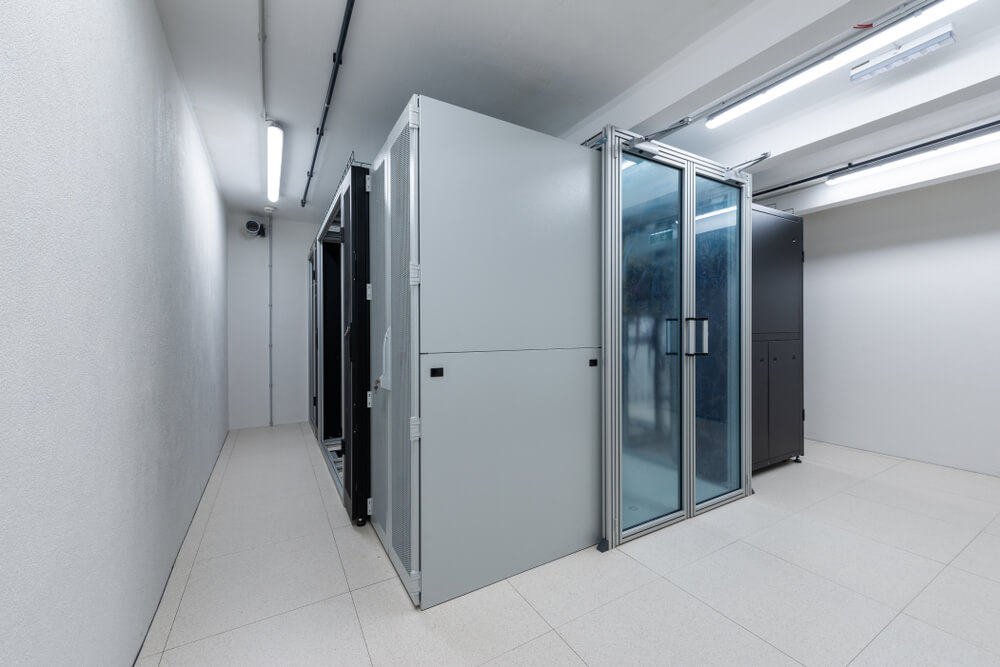Data centers are essential in providing reliable services. They also need to be instantly scalable to support the ever-growing demand IT systems and businesses face. As such, air conditioning for data centers plays a crucial role in promoting reliability and scalability. HVAC systems for data centers need to cool properly and provide the right level of humidity management to keep the equipment and servers performing at optimal levels without any damage. Additionally, you will need a data center HVAC that is easy to scale and that can expand together with the center without the extensive need to require or re-duct the entire system.
The experienced team at Chiils Air Conditioning has several years of experience in retail and commercial AC repair and knows that HVAC business planning for data centers is a whole other ball game.
As such, the experts from our team bring you the inside scoop regarding the requirement of HVAC systems for data centers and other things you need to take care of to ensure that your data center operates without problems.
Catering To Specific Needs
It shouldn’t come as a surprise that air conditioning for data centers needs special attention. Every data center’s main function is to manage and gather massive quantities of data and to keep the ball rolling; these centers consume massive amounts of energy and generate heat. Eliminating the resulting heat is essential, as it is the only thing preventing the electrical components from failing and frying and ultimately catching fire.
So, making data center HVAC systems reliable is one thing. Still, they also need to be energy efficient. In a typical setting, a data center’s energy consumption usually looks like this:
- The IT equipment consumes around 50% of the energy.
- The HVAC and cooling systems consume 35%.
- Lighting consumes around 5%,
- The electrical infrastructure and support consume approximately 10%.
Because of this, HVAC systems have a crucial impact on just how energy-efficient the entire data centers end up being. Now, how can air conditioning systems for data centers provide value in these situations?
Here are a few things you should consider before opting for a system.
Assessing Cooling Needs
To address any kind of efficiency, you first need to know the center’s cooling needs. Calculating these numbers may seem like a simple task, but it will often require the help of an HVAC expert.
The basic math starts with figuring out how much heat all of the systems will generate in your center. You will need to be able to reduce this heat consistently down to the ASHARE’s (American Society of Heating, Refrigerating, and Air-Conditioning Engineers) data center recommendations, which are:
- Temperatures between 64.4 and 80.6degrees Fahrenheit
- The dew point should be between 15.8 to 59degrees Fahrenheit
Unfortunately, this is often a more intricate job than getting an HVAC system with the capacity to provide these temperatures. You should also assess the data center’s layout, and you may need to address specific installment requirements to provide the temperatures needed for each server rack. Consulting with a professional HVAC technician can be of immense help as they can help you assess your cooling needs more efficiently.
Addressing Humidity
HVAC for data centers isn’t just about keeping things cool. Managing humidity is also crucial. If the humidity is too low, it can cause static, which can cause damage to the electrical equipment. If the humidity is too high, it can lead to condensation, which can also cause damage. Experts recommend relative humidity levels to be around 60% in data centers.
Data Centers May Require Specific HVAC System Options
What type of air conditioning system is suitable for your data center requirements? There are specialized solutions designed for your specific needs. Among the prevailing options for ventilation and air conditioning are:
- Cold/hot aisle containment
- Air conditioners for computer rooms
- Ventilation for cabinets
Rely on your HVAC technician to guide you toward the most up-to-date and reliable equipment options, given that continuous innovations are



